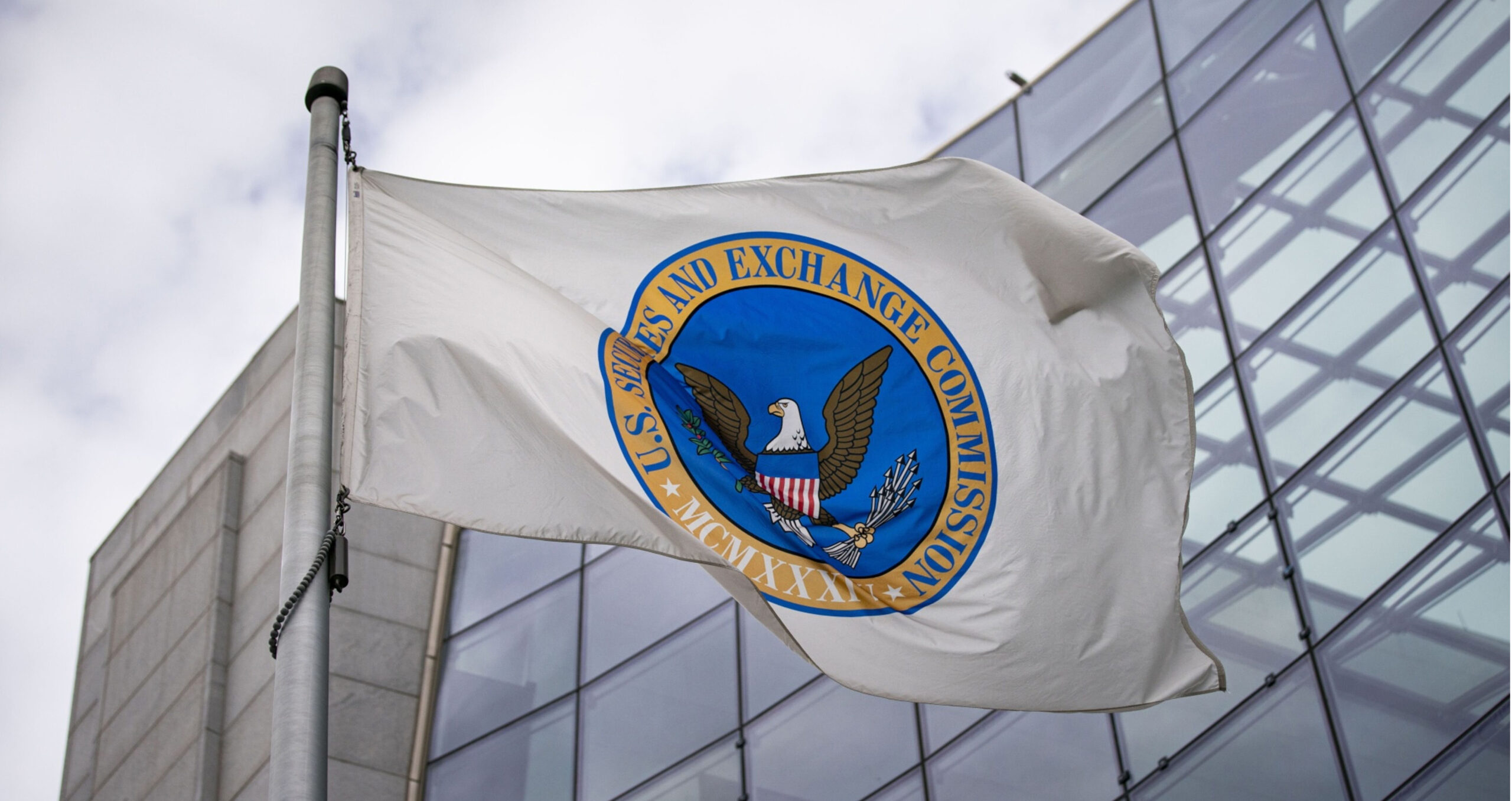

The US commission’s names rule now demands sustainability definitions from fund managers, though leaves room for broad interpretation, and more rules are in the offing
Amid widespread concern at the lack of standardisation and transparency in sustainable investing, the US Securities and Exchange Commission has amended its names rule to put the onus firmly on US fund managers to come up with their own definitions.
The rule, first adopted in 2001, seeks to ensure a fund’s investments match its stated focus. If the fund name suggests concentration on a specific investment type, geography or industry, the fund needs to make sure that at least 80 per cent of its asset value is in investments consistent with that approach.
At the end of September 2023, the SEC broadened the scope of its names rule to cover funds with names suggesting a focus on investments with particular characteristics, including those suggesting an investment focus on environmental, social and governance-related factors through terms such as sustainable, green or socially responsible.
Funds that use these terms will have to define them in “plain English” and follow the 80 per cent rule, says the SEC. These terms are increasingly popular in sustainable investing, but open to interpretation and, potentially, abuse.
The SEC names rule acknowledges the scope for interpretation and, by demanding clarity from fund managers, seeks to prevent abuse — the focus is not standardisation, but truth in advertising.
Clearer definitions
SEC commissioner Hester Peirce, one of the five SEC commissioners, uses the example of a hypothetical “green auto fund” that invests only in energy-efficient international combustion engine vehicles. “Someone else might say, ‘that’s ridiculous, that’s not a green auto fund’,” she tells Sustainable Views. “That’s fine, they can run a different fund that only focuses on hydrogen-powered cars.”
The priority is making sure that a fund makes its definition of “green” clear to investors, not how it defines the term. “I think we would be better off allowing a little bit of experimentation and different approaches because investors don’t all look at things the same way,” says Peirce.
The focus on clarity could also help to solve a key component of greenwashing, the use of labels and terms in a way that misleads investors.
Emily Pierce, chief global policy officer at Persefoni says the amendment “goes a long way towards addressing greenwashing by providing discipline and enhanced disclosures around the use of the certain terms in fund names”.
Immediate impact
The names rule amendment was first proposed last year and has already had an effect. Todd Rosenbluth, head of research at data and analytics firm VettaFi, says there has been an increase in funds, even those without an ESG focus, using more targeted or more generic names ensuring they provide clarity and avoid false impressions.
There will still be sustainable or ESG funds with portfolios that include mining companies or oil majors and attract criticism, says Rosenbluth. But the fund will have made it clear why those investments fit into its approach.
I think we would be better off allowing a little bit of experimentation and different approaches because investors don’t all look at things the same way
Hester Peirce, SEC commissioner
“We will be closer to having better informed investors as a result of the rule. [But] the onus will still be on the investor or their adviser to take the benefits of [this] transparency,” he tells Sustainable Views.
There are concerns from the financial industry and the SEC as to how this will work in practice. Commissioner Mark Uyeda is worried about a potential lack of transparency regarding how SEC staff will administer the rule, and says funds will face significant compliance costs.
Uyeda wants staff to publish guidance or training materials on how staff will apply the rule consistently. Peirce is sympathetic to these concerns. “Do I think that we could do more to make sure that the implementation process is clear to everyone? Certainly, I think that’s true for a lot of what we do,” she says, suggesting she is open to “some of the suggestions”, like those made by Uyeda on guidance.
Disclosure issues
Nor is the SEC finished with its efforts to bring more rigour and transparency to ESG investing. When it first suggested the names rule amendment in 2022, it did so in conjunction with a separate proposal to enhance disclosure requirements for certain ESG funds and advisers. That proposal would require different levels of disclosure depending on whether a fund integrates ESG factors into a broader strategy, is focused on ESG as a main factor, or takes an ESG impact strategy with certain goals or targets.
When the names amendment was adopted last month, the SEC did not also adopt the ESG disclosure rule, but Peirce says the proposal remains on the SEC regulatory agenda and that it intends to pass this in some form. This would ostensibly provide even more information for investors seeking to understand how a fund interprets and approaches ESG, but there are concerns as to how much information is available to fund managers.
“Part of the problem is that we don’t have standard disclosure for public companies,” says Sara Crovitz, a partner at law firm Stradley Ronon. “That means asset managers have to make their determinations about who they’re going to invest in without good-quality, reliable disclosure.”
The SEC is working on its high-profile proposal to require climate-related disclosures from public companies, but this will almost certainly face a raft of legal challenges.
“The concern is that the SEC moves forward with the proposed ESG rule for funds and advisers, but the disclosure rule for public companies does not get put into place because of litigation or other reasons,” says Crovitz. “Then you have asset managers required to make disclosures in a regulatory filing based on information that may be hard to verify because public companies aren’t required to provide it in a regulatory filing.”
This article has been amended since publication to correct the misattribution of certain comments to Emily Pierce.
Similar Articles

Question mark over US climate disclosure rule as SEC puts it on pause

In Brief: Esma targets credit rating agencies’ ESG methodologies; climate litigation heats up in Europe


